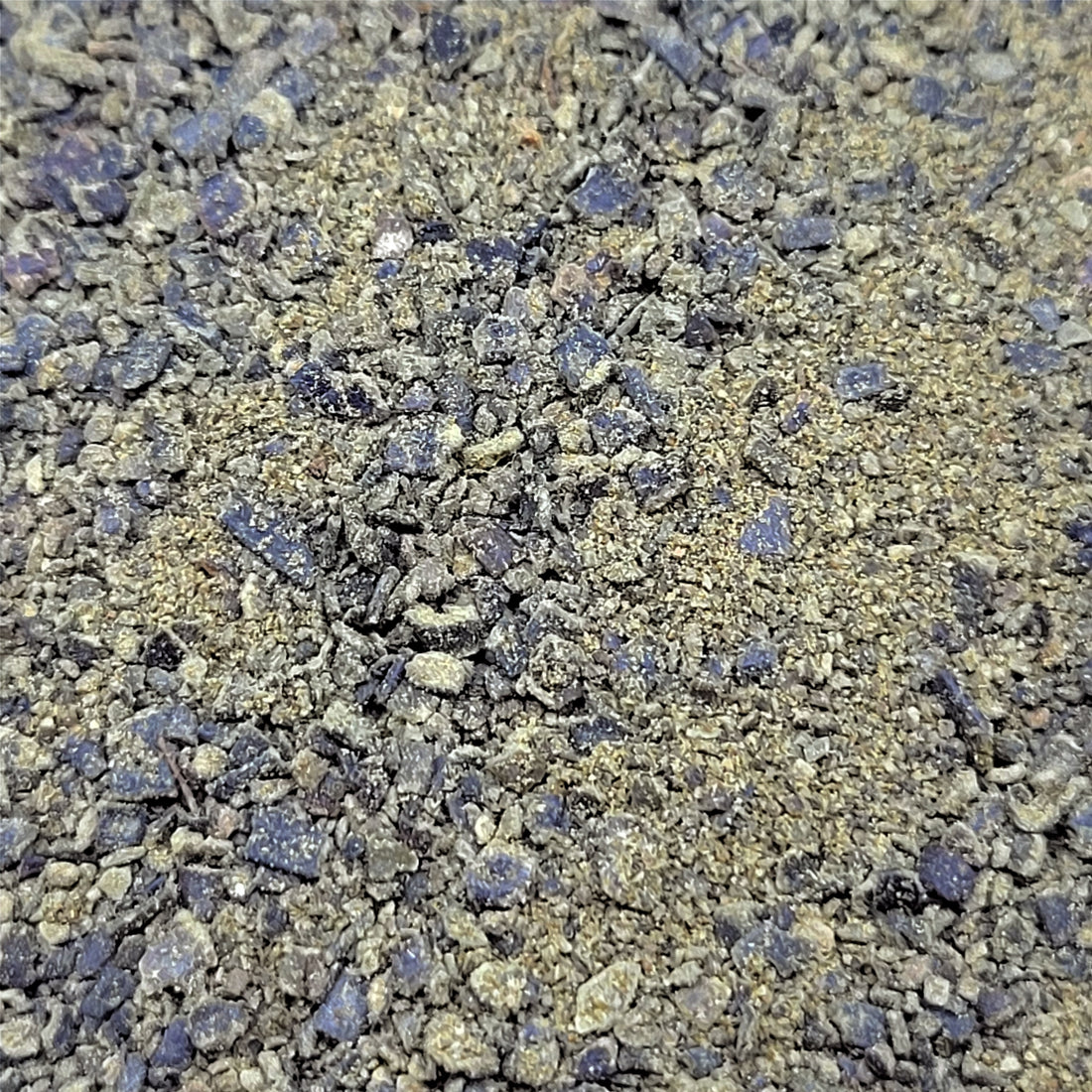When it comes to nourishing your garden and promoting plant health, kelp meal stands as a remarkable gift from the depths of the ocean. Derived from nutrient-rich seaweed, this natural and sustainable soil amendment offers a plethora of advantages for your garden. In this blog, we'll explore the virtues of kelp meal, how it can transform your garden's soil, and promote robust plant growth.
The Marvel of Kelp Meal
Kelp meal is a product of dried and ground seaweed, typically sourced from various types of brown seaweed. Its rich composition makes it an excellent addition to your garden, providing essential nutrients, trace minerals, and other benefits that enhance both soil and plants. Here are some of the advantages kelp meal brings to your garden:
1. Nutrient-Rich Soil Amendment:
Kelp meal is teeming with essential nutrients, including nitrogen, phosphorus, and potassium (N-P-K), which are crucial for plant growth. It also contains a wealth of micronutrients such as iron, magnesium, and zinc that plants require for optimal health.
2. Soil Structure Enhancement:
Kelp meal improves soil structure by enhancing water retention and aeration. This means it helps prevent both waterlogging and drought stress, creating an ideal environment for plant roots to thrive.
3. Root Development:
The growth-promoting hormones in kelp meal encourage vigorous root development. This is especially beneficial for young plants and seedlings, as it helps establish a strong foundation for their future growth.
4. Disease Resistance:
Kelp meal can boost a plant's natural defenses, making them more resilient to pests and diseases. It's like giving your plants a health-enhancing boost, ensuring they can better withstand environmental stressors.
5. Organic and Environmentally Friendly:
Kelp meal is a sustainable and environmentally responsible choice. Seaweed is a renewable resource that grows rapidly in the ocean, and its harvesting has minimal ecological impact.
Using Kelp Meal in Your Garden
Incorporating kelp meal into your gardening routine is straightforward. Here's how you can use it to maximize its benefits:
-
Soil Amendment: Mix kelp meal into your garden soil or potting mix. A general guideline is to use 1-2 pounds of kelp meal per 100 square feet of garden area.
-
Top Dressing: Sprinkle kelp meal on the soil's surface around your plants. This method provides a slow release of nutrients and can also act as a natural mulch.
-
Compost Boost: Add kelp meal to your compost pile to enrich it with essential nutrients and enhance the quality of your compost.
-
Foliar Spray: Mix kelp meal with water to create a liquid fertilizer. This can be applied as a foliar spray, promoting quick nutrient absorption through plant leaves.
Conclusion:
Kelp meal is a true oceanic gem that can elevate your gardening experience to new heights. Whether you're growing flowers, vegetables, or fruits, the numerous benefits it offers make it a must-have addition to your gardening toolbox. By incorporating kelp meal into your garden, you'll be giving your plants the gift of nutrient-rich soil and the potential for vibrant, robust growth. Embrace this natural and sustainable approach to gardening and witness the wonders of the ocean in your own backyard

